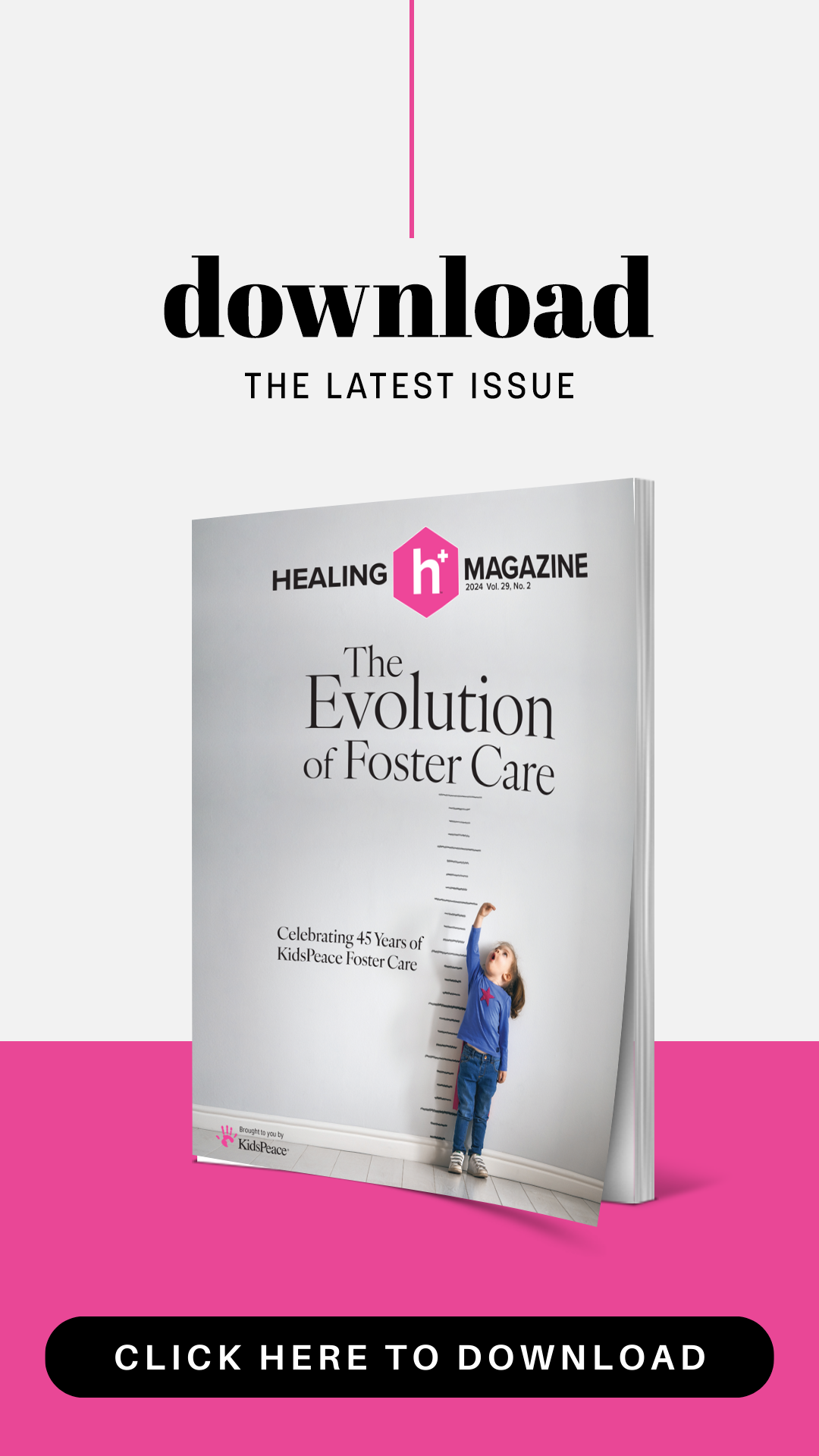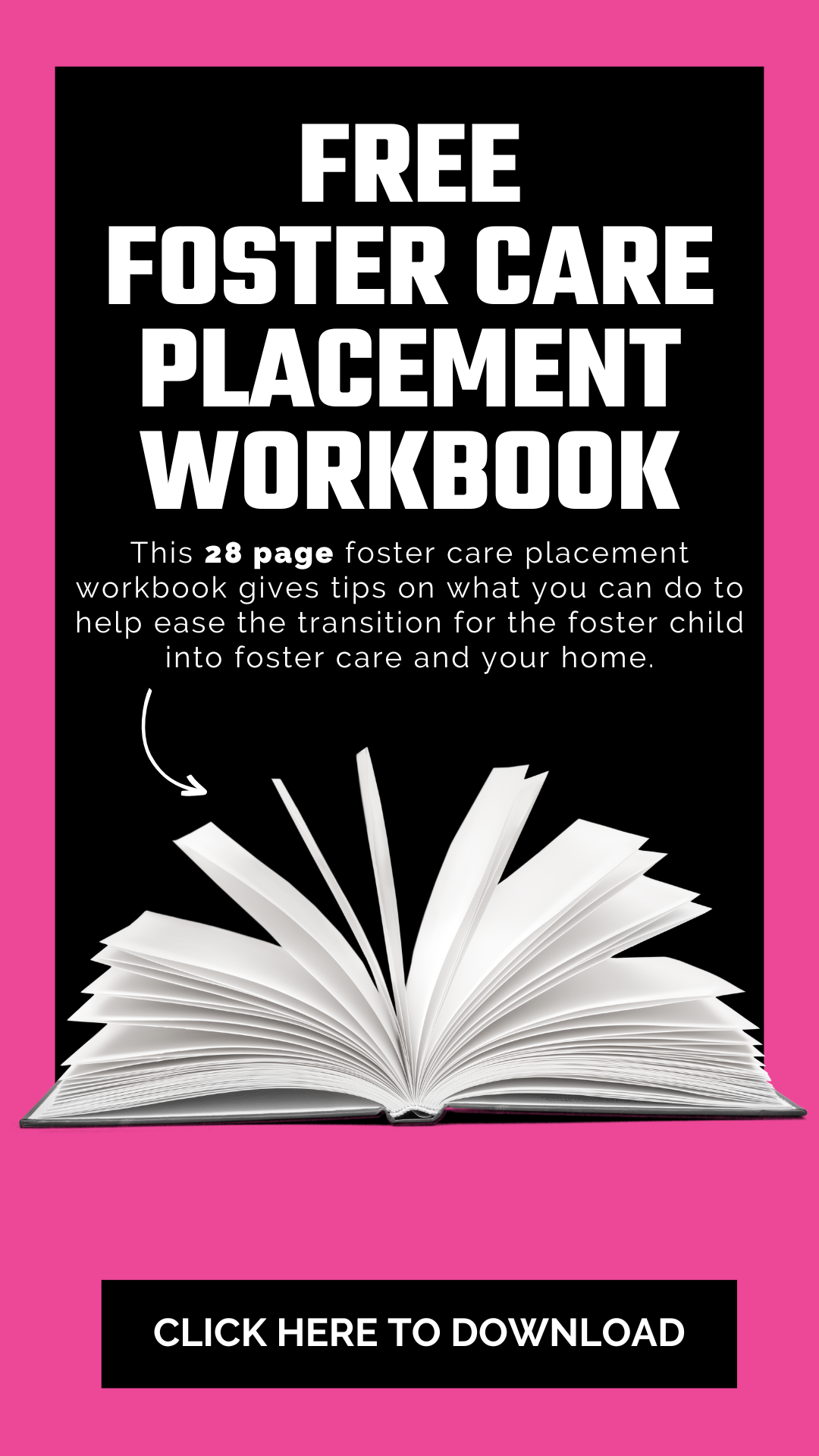
One of the most consistent hallmarks of being a foster family is uncertainty. We never quite know how long a placement will be with us, or what is going to happen at the next court hearing. That uncertainty is in many ways the greatest source of stress for foster parents: we can’t see clearly what the future holds for our families, and that is a hard reality to accept.
COVID-19 has brought a similar level of uncertainty and unpredictability to nearly the whole world. None of us could have predicted the ways in which our lives would be radically changed – and no one can say for sure when things will return to “normal.” How long will the kids be home? When will jobs return to the way they were before? Will we be able to keep our family healthy? When will it be safe to venture outside again? When will a vaccine be available? If you’re like us, you have spent hours trying to guess the answers to these questions, and there certainly is no shortage of opinions on the news and social media. But the truth is, no one knows for sure and every day we are working to find new ways to deal with that discomfort of the unknown.
For foster parents and children in foster care, COVID-19 places an additional haze over an already unclear set of circumstances. Things like family visitation, home visits, and court dates have been postponed or conducted virtually, and it remains to be seen how those alterations will impact the outcomes of cases in the court systems. It’s a fact that the most important factor in a judge’s decision on next steps in so many foster care cases is momentum: have the biological parents consistently been meeting objectives towards reunification – or consistently missing them? What patterns can be shown to support reunification or permanent placement? COVID-19 has made tracking momentum and consistency more challenging than ever.
In the midst of this crisis, case workers are still performing their jobs to keep children in our communities safe, while looking for ways to connect virtually and remotely to move cases forward where needed. We have been appreciative of the support of our local KidsPeace office; they have been creative and persistent in finding ways to provide as much continuity as possible. We’ve had Zoom calls with our case workers every week to see how we were doing and what additional needs we might have while sheltered at home. At the same time they’ve suggested ways for virtual visits to be continued with our foster son and his biological mother. KidsPeace’s dedicated staff has shown resiliency and flexibility, adapting to new remote ways of work for themselves, while making foster families feel more supported during a time of need.
There is not much that can be known about what the future holds – for when and how the pandemic will end, and what the outcome of current foster care cases will be. Dealing with uncertainty comes with the territory for foster parents, and it helps to have supportive staff and caseworkers in our corner.
Megan and Jonathan Craig are foster parents with KidsPeace Foster Care in Pennsylvania.


